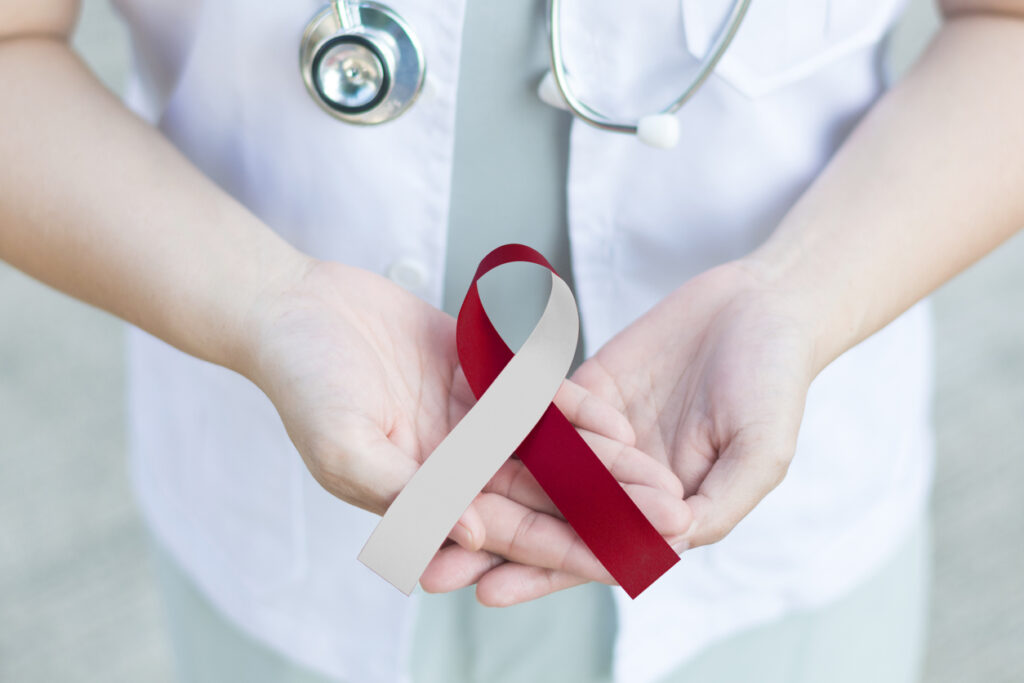April is Oral Cancer Awareness Month. Oral cancer can strike anyone. It used to be that older men who smoked and consumed alcohol were at greatest risk. That is no longer true. It turns out we are seeing oral cancers in people as young as 40 years old. The disease still strikes mostly men, but the incidence in women is rising.

Why is this? Again, it used to be that tobacco use and alcohol, especially in combination, increased the risk the most. The newest risk factor is the human papillomavirus (HPV), which is the most common sexually transmitted disease in the U. S. (https://www.ncbi.nlm.nih.gov/pmc/articles/PMC10037549/) HPV also strikes slightly more males than females. Too much sun exposure increases the risk of cancer of the lips. As with so many other diseases, a diet low in fruit and vegetables increases the risk for oral cancer. (https://www.ncbi.nlm.nih.gov/pmc/articles/PMC10037549/).
The takeaway from the statistic above is that every person with a mouth should visit their dentist and dental hygienist regularly. These professionals should be performing a thorough oral cancer screening at least once a year. We look at all the oral tissues with our bright light and feel for lumps and bumps we might not be able to see.
Just as with other cancers, some signs of changes in the mouth that might be a sign of cancer include, difficulty swallowing, painful areas that don’t go away after 2 weeks, swellings, numbness, and even ear pain. Visit your dentist. Share your symptoms with them, and make sure they follow up.
The earlier oral cancer is diagnosed, the better the chance of surviving. The survival rate for oral cancer has been dismal through the years because people generally wait too long before having a suspicious area checked. Don’t wait. We need you here.
Visit these resources for more information:
The National Institute of Dental and Craniofacial Research: Oral Cancer
